No one buys new cars any more – at least not with their own money. Apparently the smart people invest their hard-earned in a Personal Contract Purchase (PCP), which allows them to put a lump sum down and get the brand-new vehicle they want parked on their drive.
With a PCP it is possible to pay the resale price and keep the car at the end. Alternatively you can trade it in and take out another PCP, or just hand the car back then walk away. Trouble is, you’re buying into a recurring cycle of regular payment despair that is difficult to get out of.
Unless, that is, you decide to take that deposit and instead use it for a one-off investment in a used car. That’s where the really smart money goes – and over the next few pages we have the proof, with new PCP deals versus used cash options to suit nearly every taste and budget.
Electric cars
Five and a half grand buys an old-school EV, and it will do a silent job for local trips if you want to feel good about the environment – and potentially longer trips too once our national infrastructure can offer full recharging support. For buyers chasing no-emissions motoring, this is a cost-effective way to do it.
Buy new: Nissan Leaf N-Connecta Propilot (£5489 deposit, £389 per month for 37 months)

For your deposit: 2011 Mitsubishi I-Miev E, 6000 miles, £5250
Officially the range is 93 miles and it takes seven hours to get fully charged. This one had the Tamashii Pack, so air-con, and the mileage remains marginal. It’s something for short, local, uncomfortable journeys for shopping or the commute.
Also try: 2012 Citroën C-Zero, 22,000 miles, £5300 | 2012 Renault Fluence, 33,122 miles, £4999 | 2013 Renault Twizy, 3000 miles, £4400
Family Estates
Estates are an oddity, but there’s solid demand from business buyers and families who want practicality without bulk, or to tow without an SUV’s aerodynamic penalties. Used options are plentiful, but finding a well looked-after one is the challenge. Choose a stylish something with a nice badge and big price or a hard-working lugger.
Buy new: Vauxhall Astra Sports Tourer SRi 1.4 (£3563 deposit, £358.29 per month for 36 months)



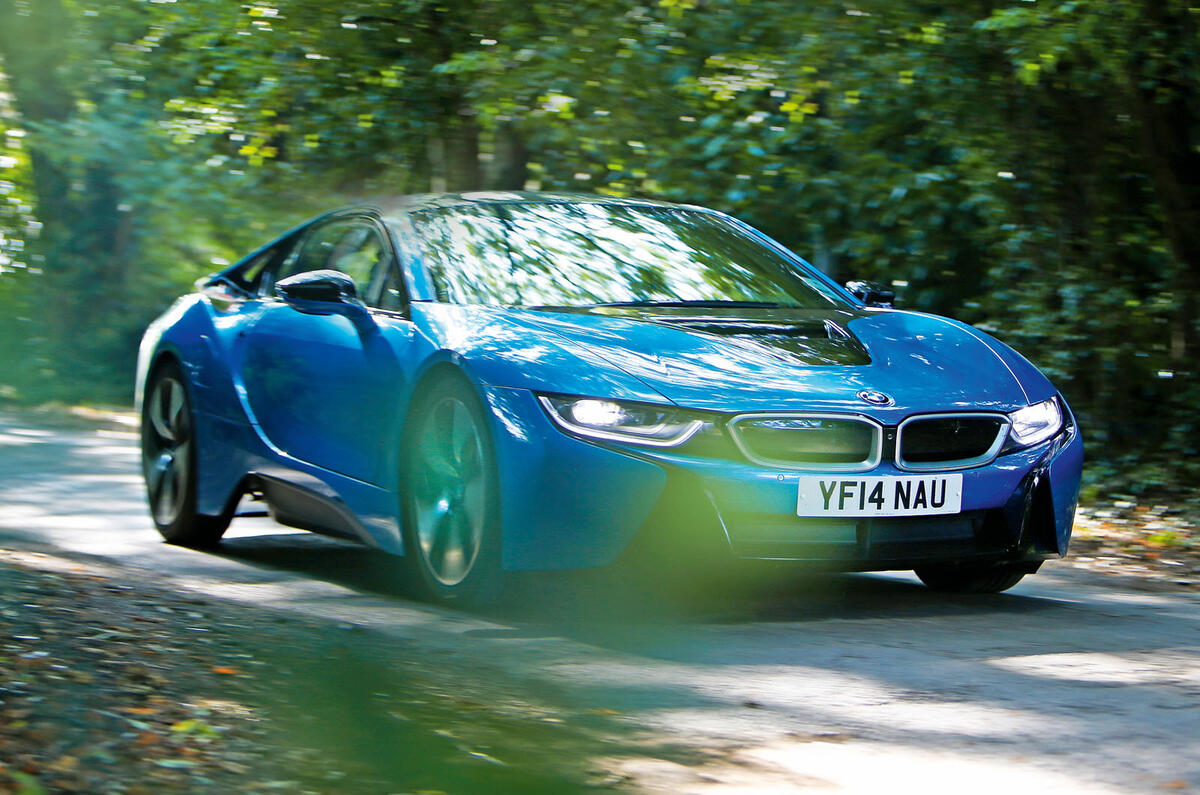

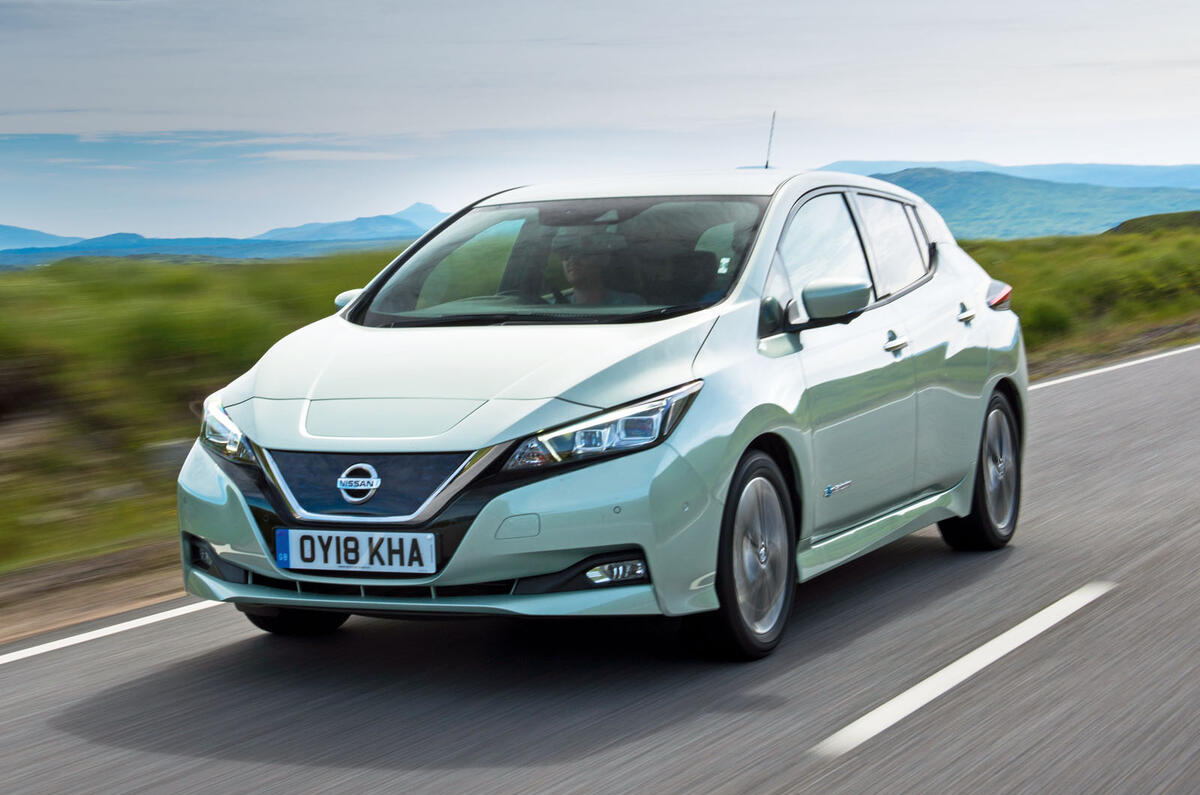
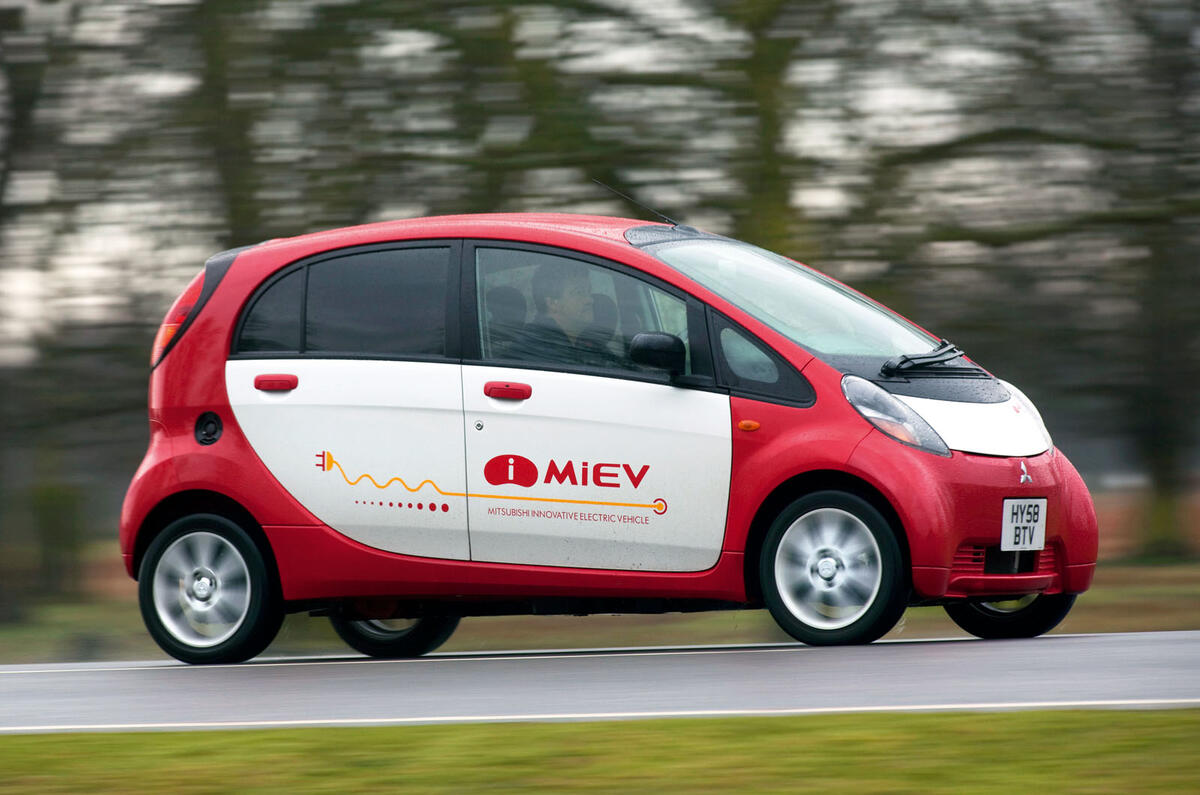
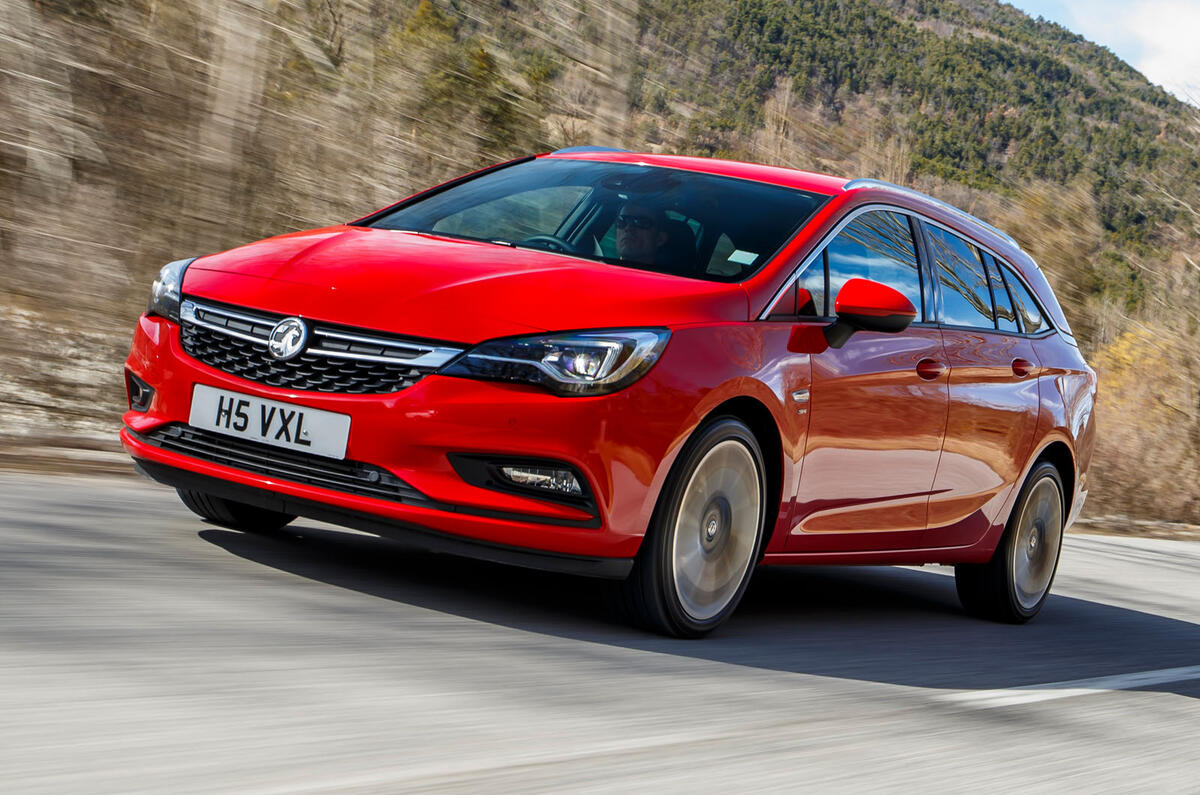
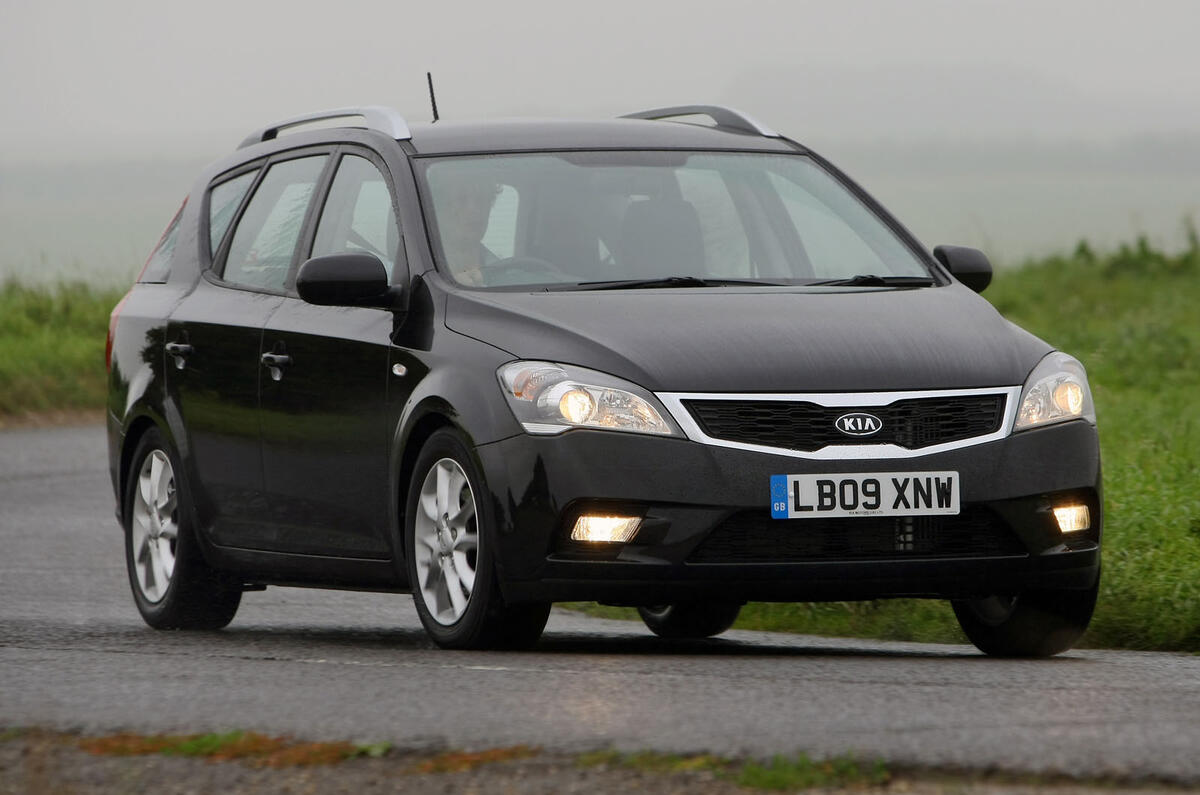
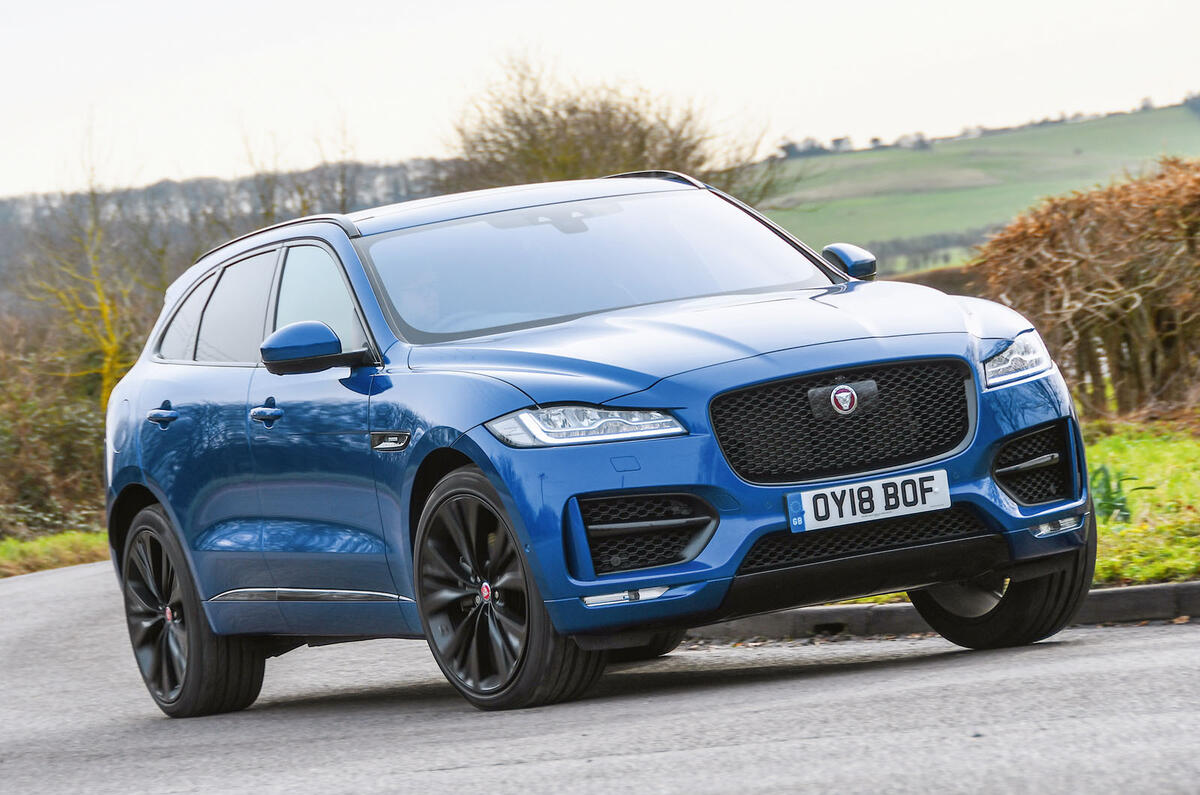
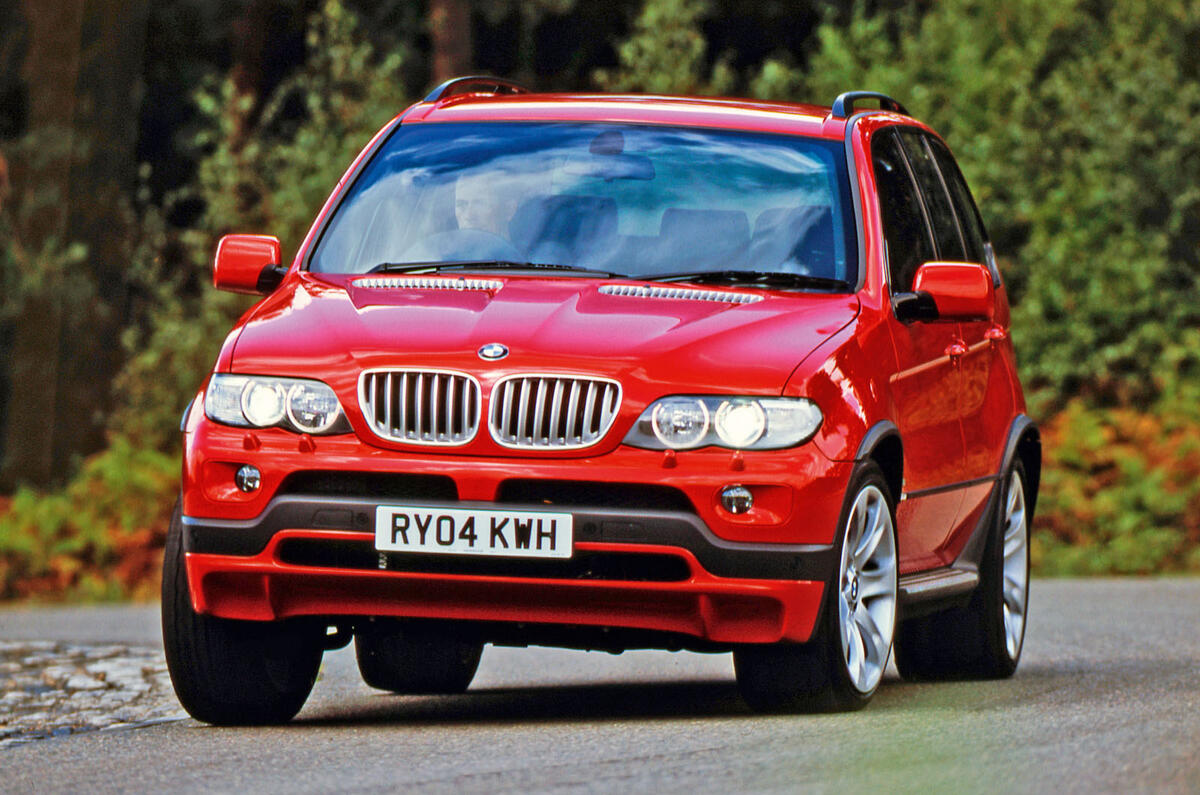

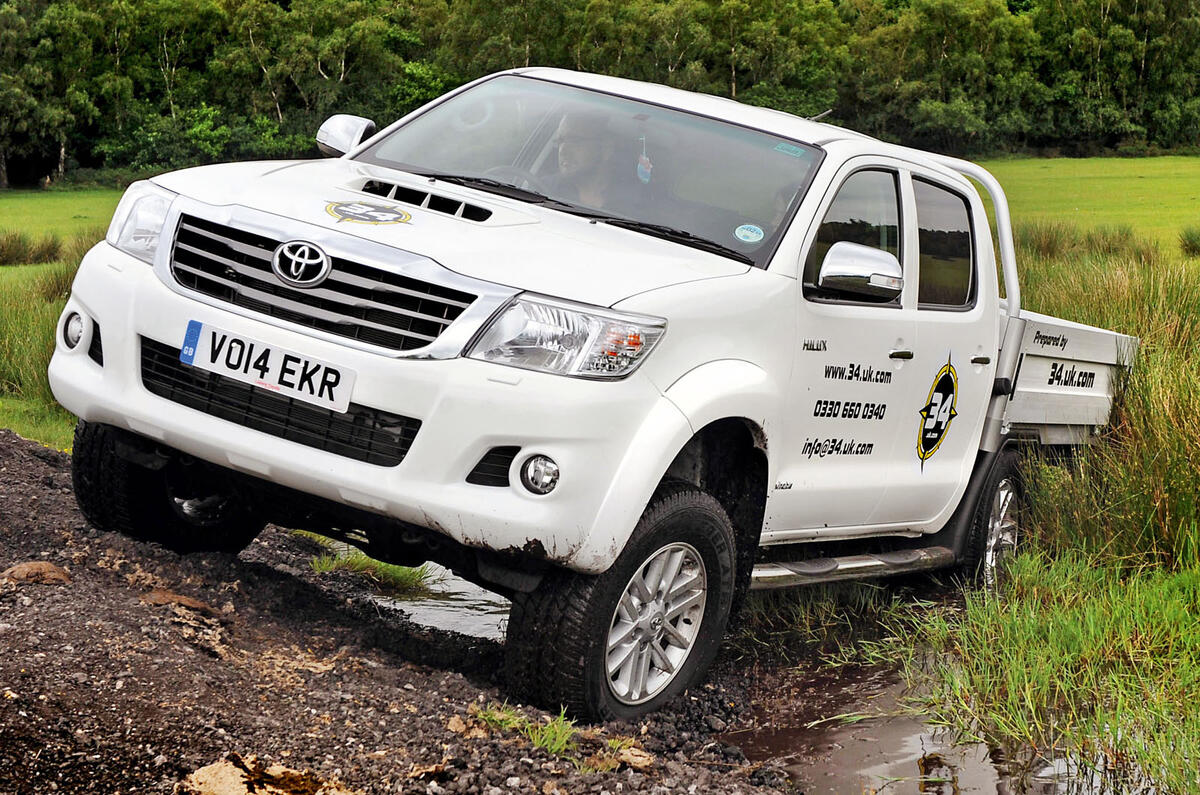
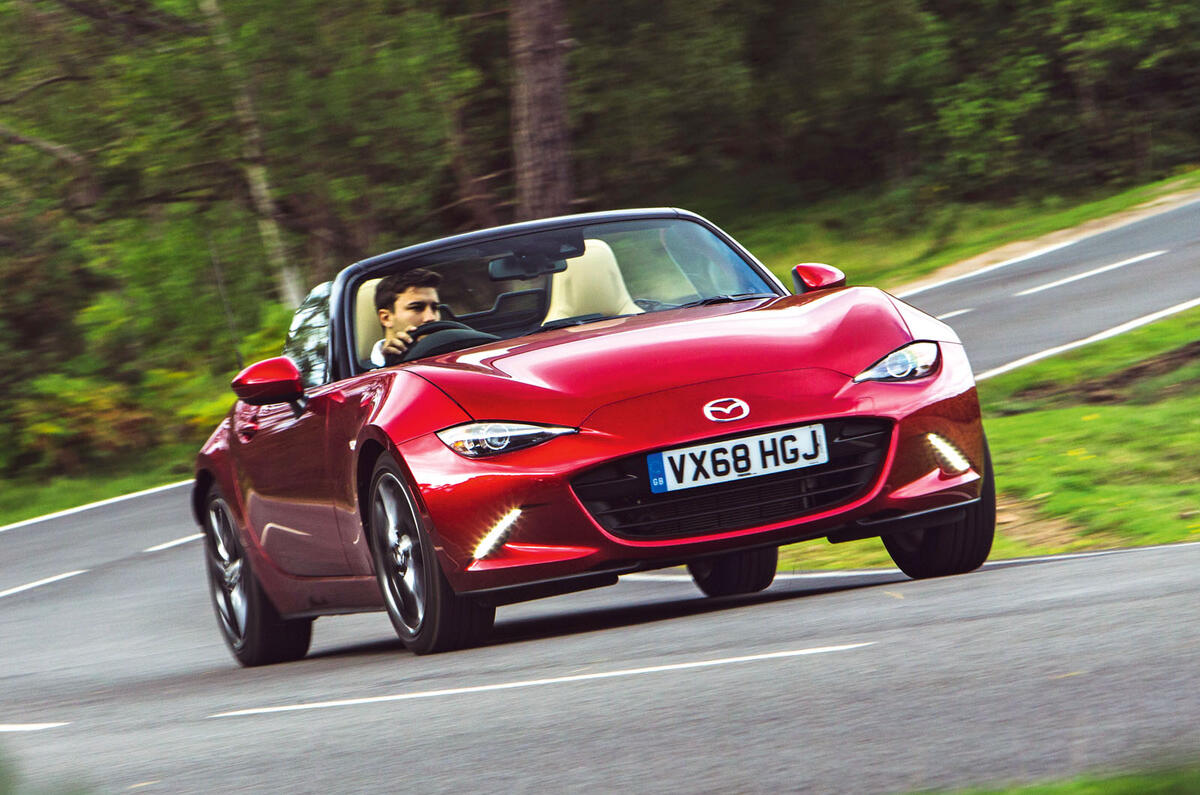

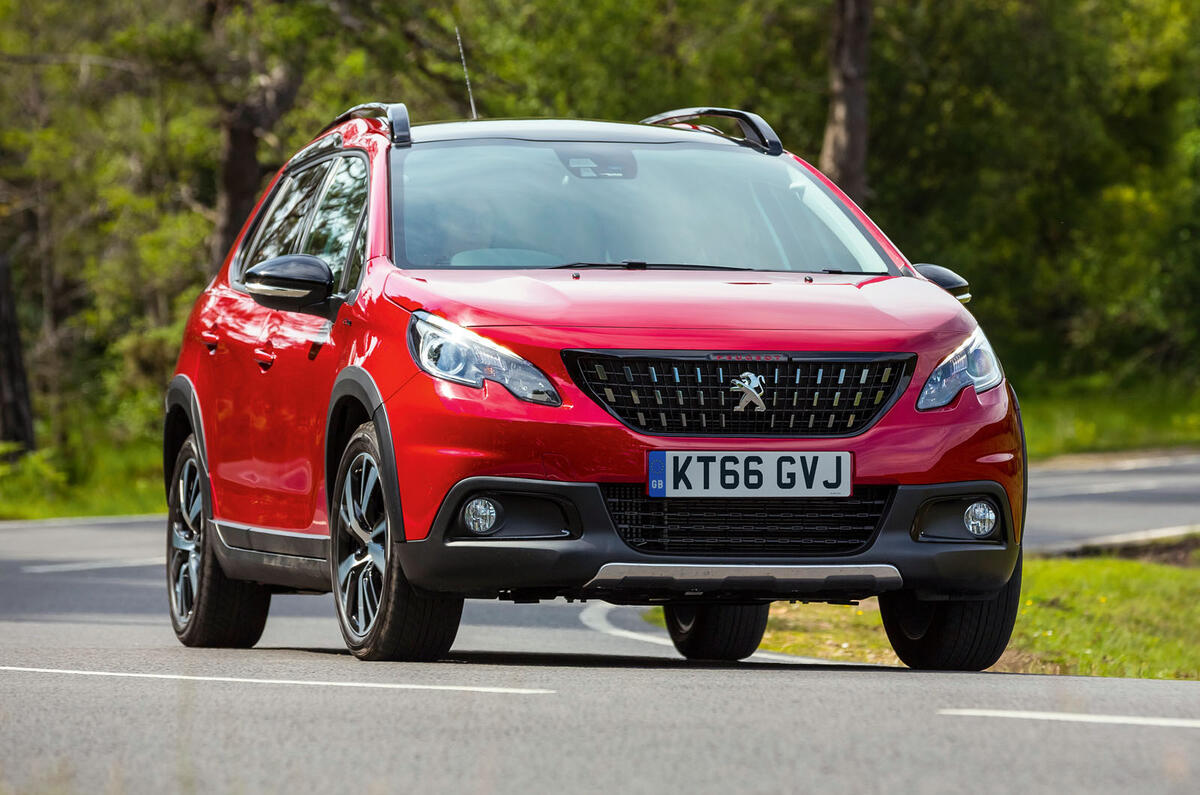
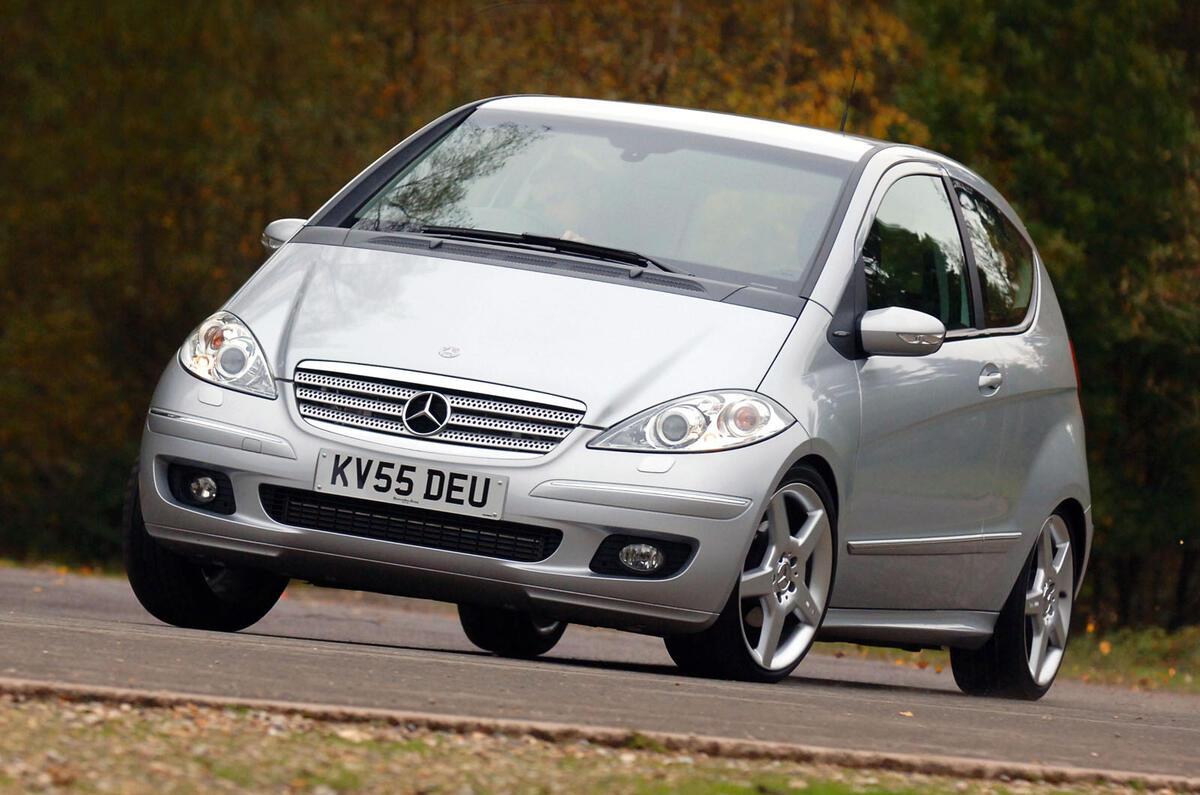
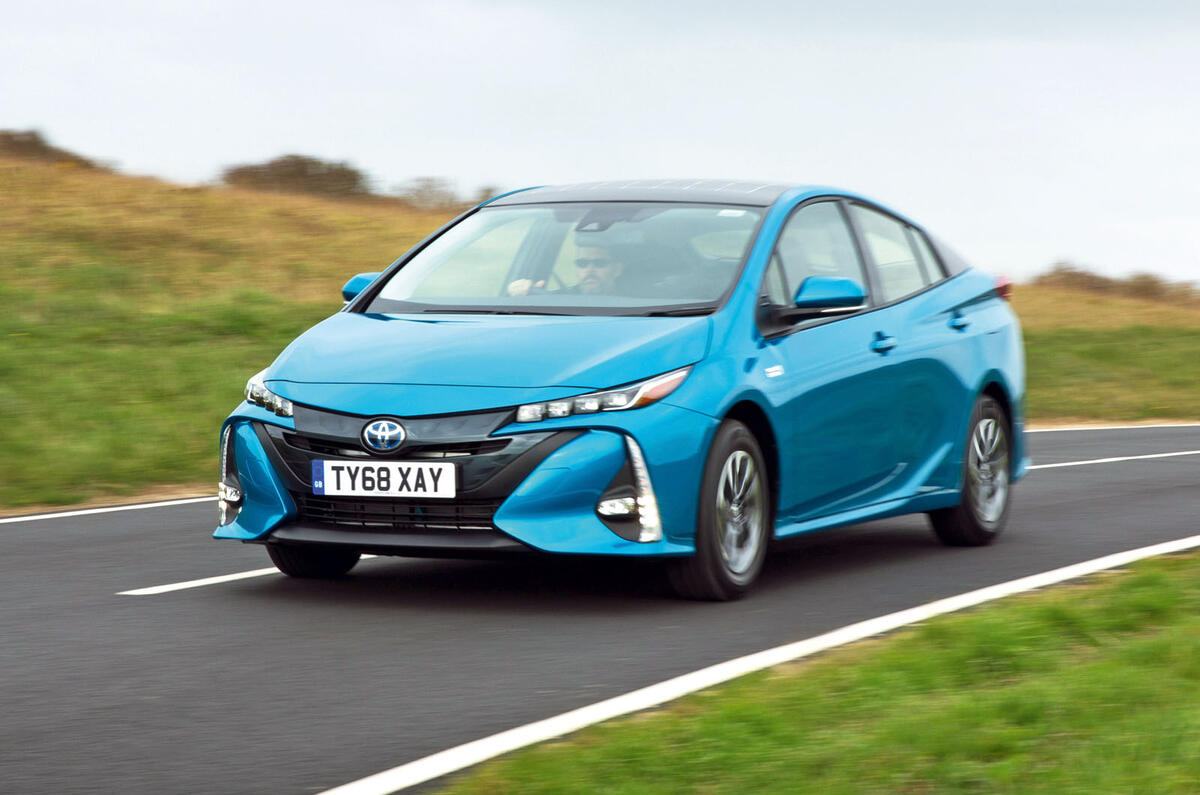
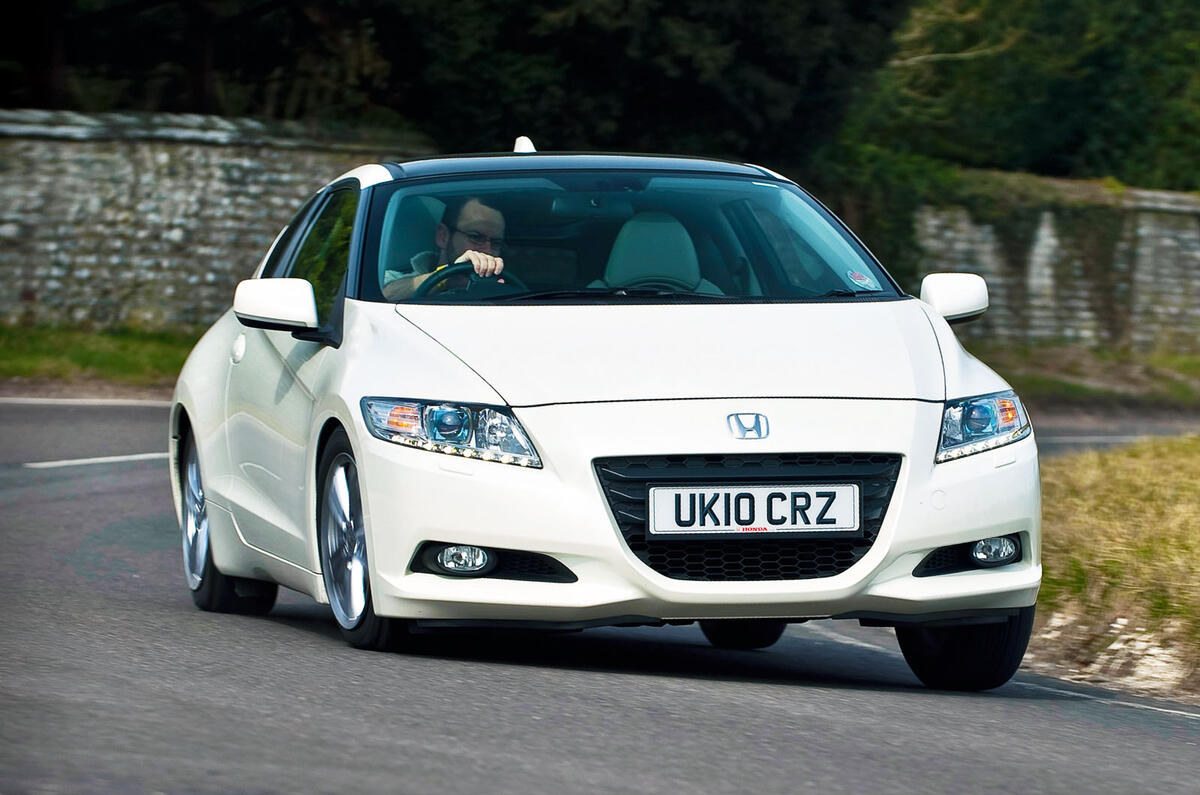
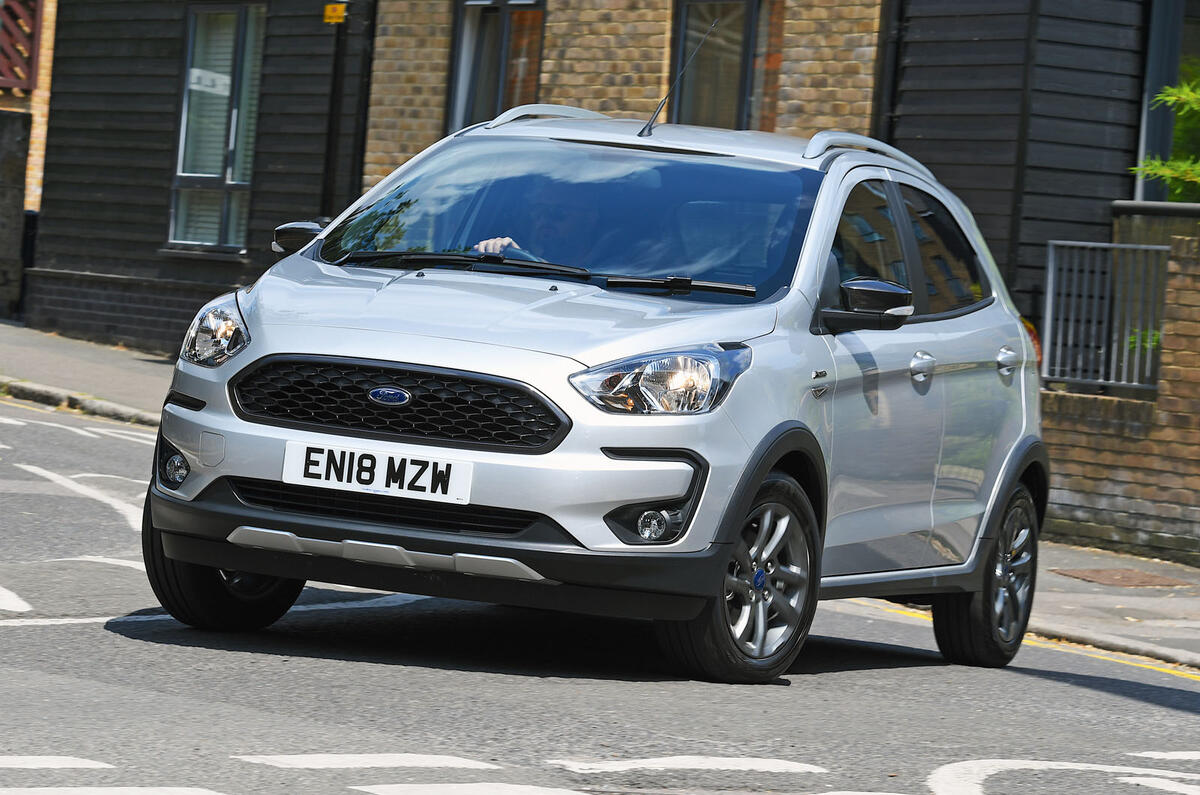
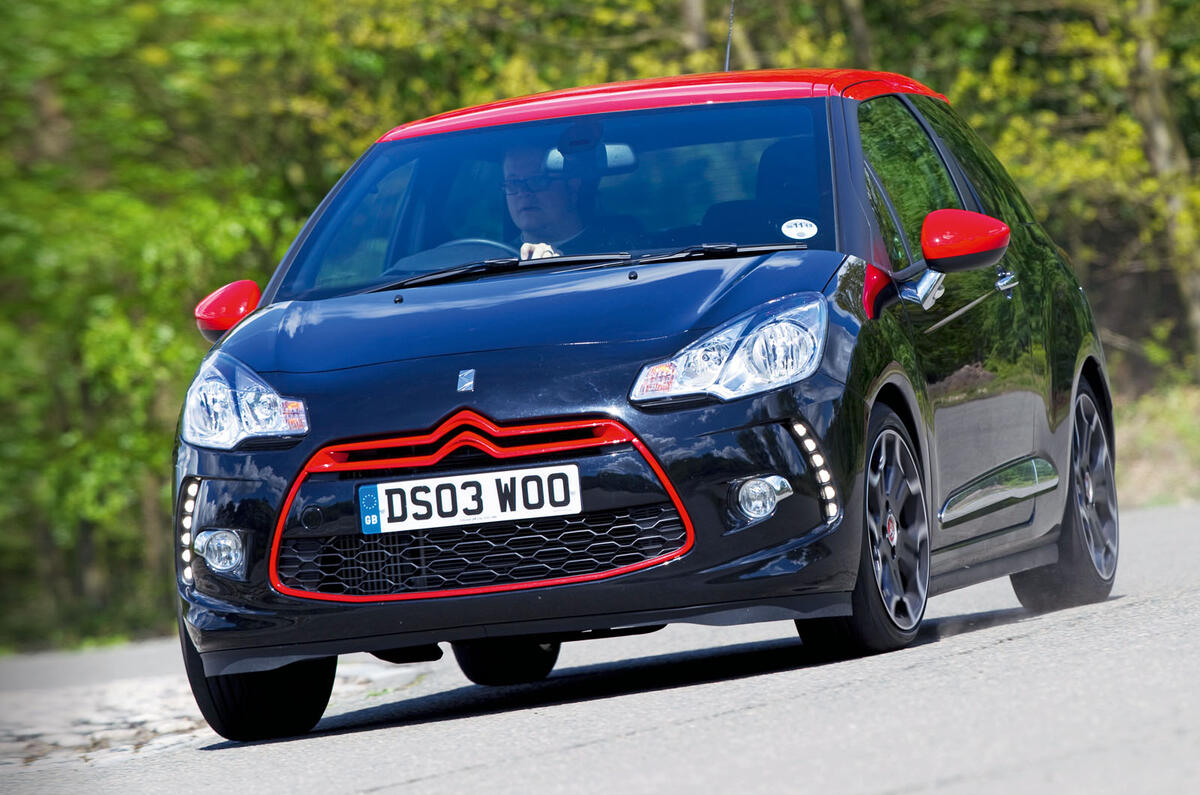
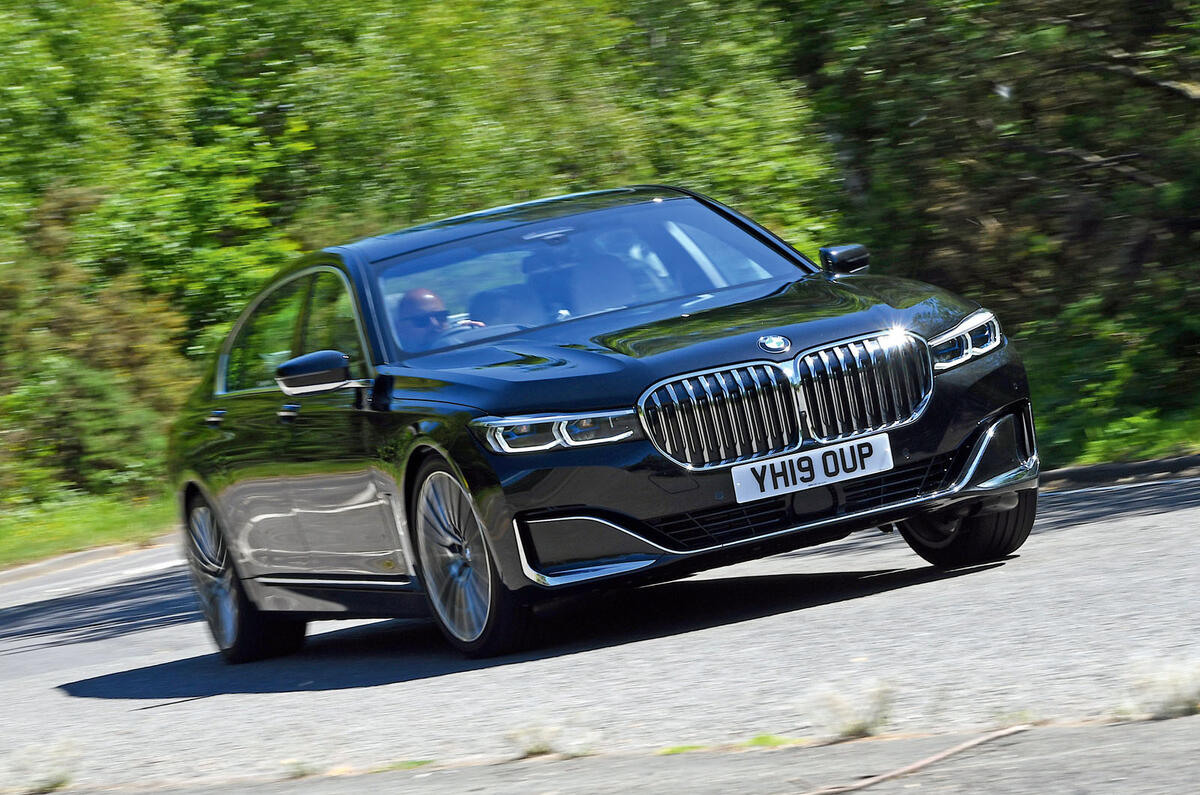
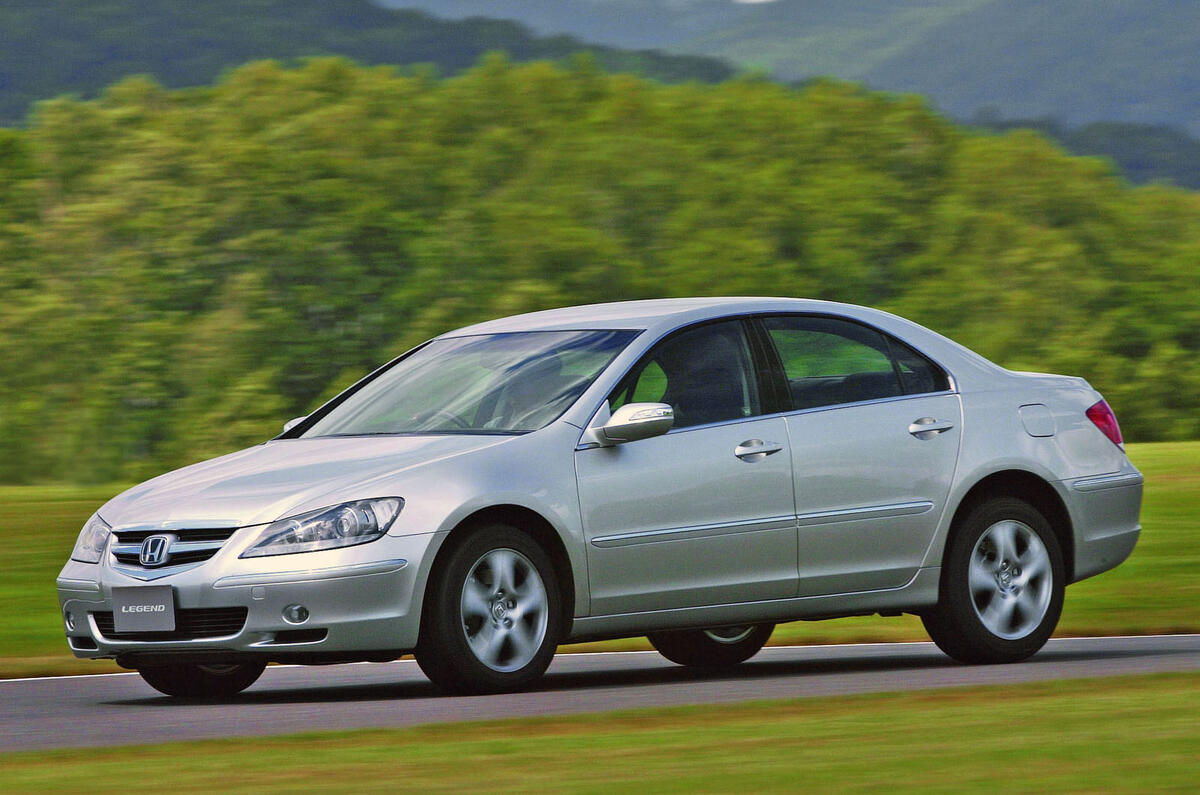
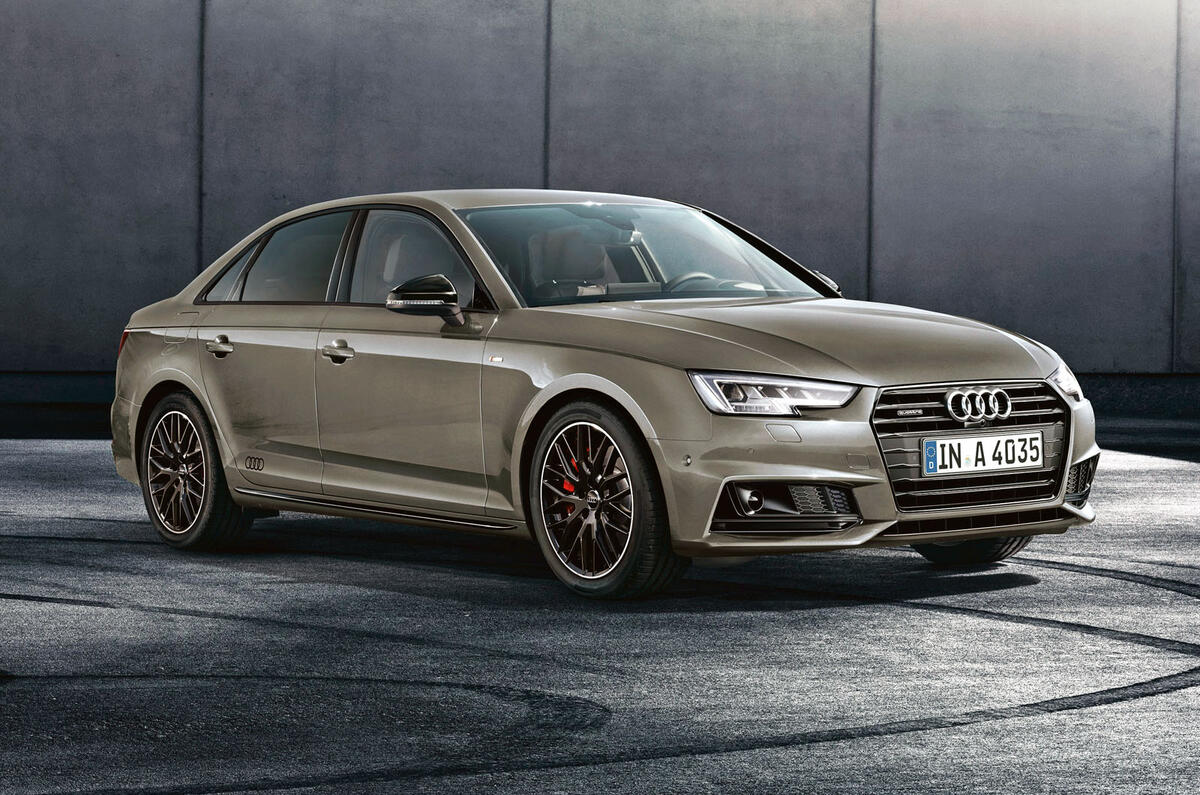
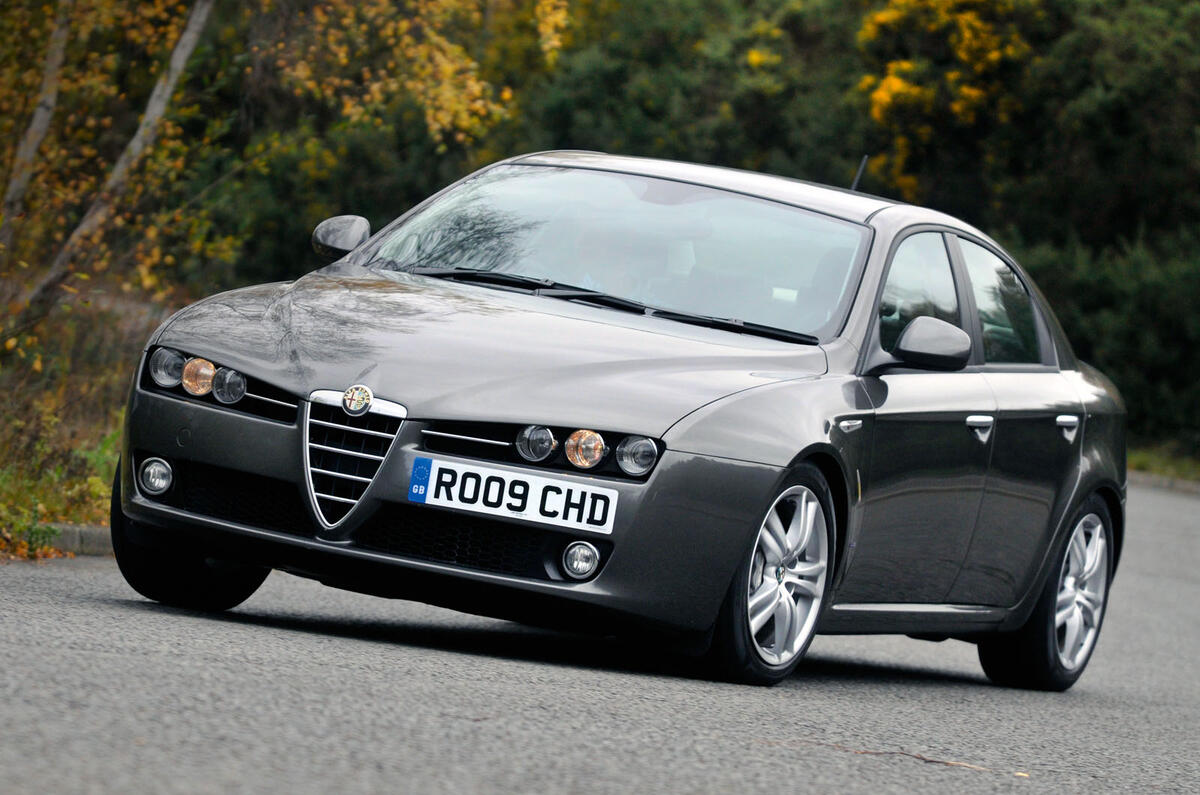



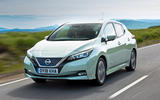











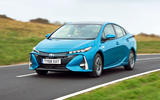












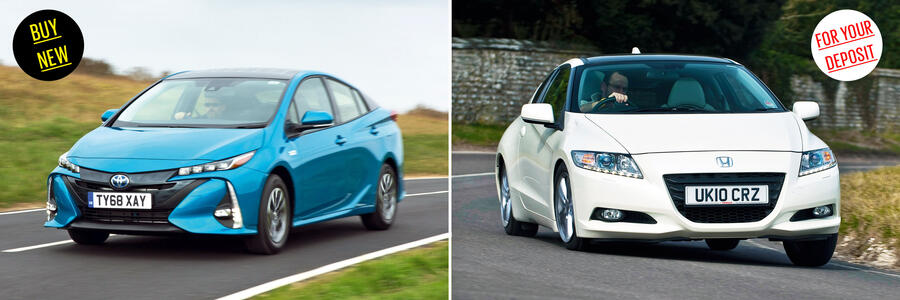

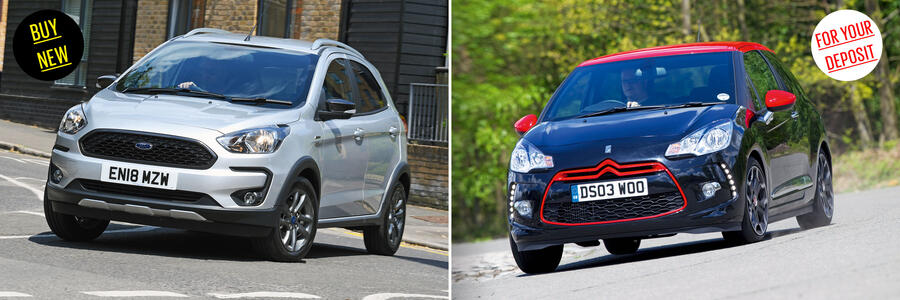


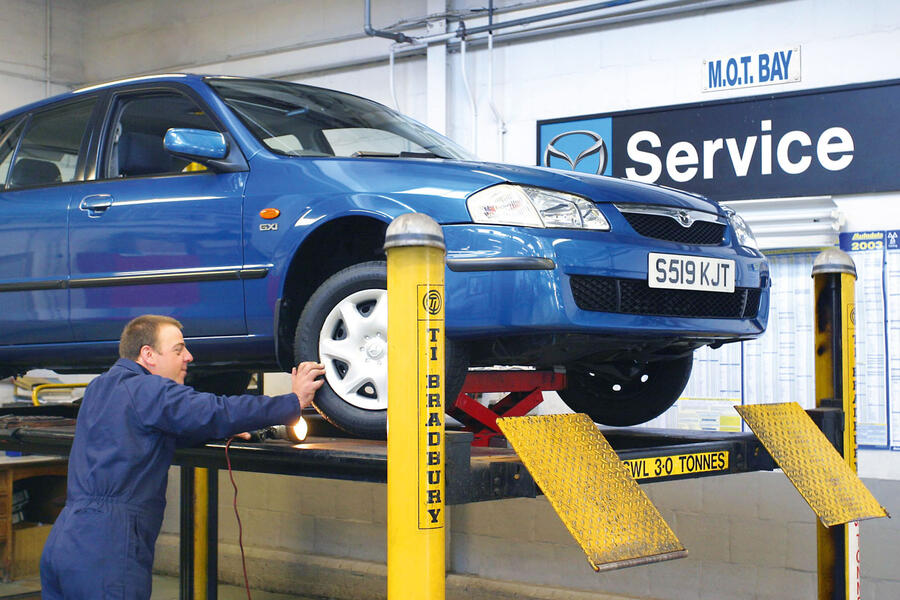

Join the debate
Add your comment
When you are dealing with the IRS, the collection agency and any other collections that you might be responsible for, you need to know that you are working on making sure that you are always aware of what you are doing. Remember that when you are dealing with collections that have some kind of standing, they are going to be diligent in their attempts to get their money back. This is true no matter what size the business you have.
Anyone who is not careful with the way they run their business enterprise in general knows that there is a great deal of debt collection that is taking place. When you are running a business, you need to know all of the you are taking and the types of things you have to do when it comes to it. There is nothing worse than getting a phone call from the IRS when you have not done anything wrong. It could be that your tax payment was late or the government is just using them to collect debts that have been paid in full. This could happen if you owe money to a certain company and they do not like what you did.
The comparisons are incorrect
You should buy a 2 to 3 year old car with 1 or idealy 2 yrs warranty and the depreciation saved would be immense that is the smart way,unless you got an absolute bargain pcp giveaway Audi,Merc and BMW tend to do these. But beware an article in Autocar a few years ago described how these three entice the middle class, I would like to call it working Middle class ie 90% or mor eof the population, into signing up for £300 to£500 per month for life they get trapped in ,with jus tsfficient or nearly enough left for anothe rdeposit which meand they get their next car for just an extra £50 or £100 each month,yes it goes up every 3 years.Equaly I know a guy that purchased a supercar ,about 9 years old and after 3 years needed a new engine cost was £30 to £35k so it got scrapped off.